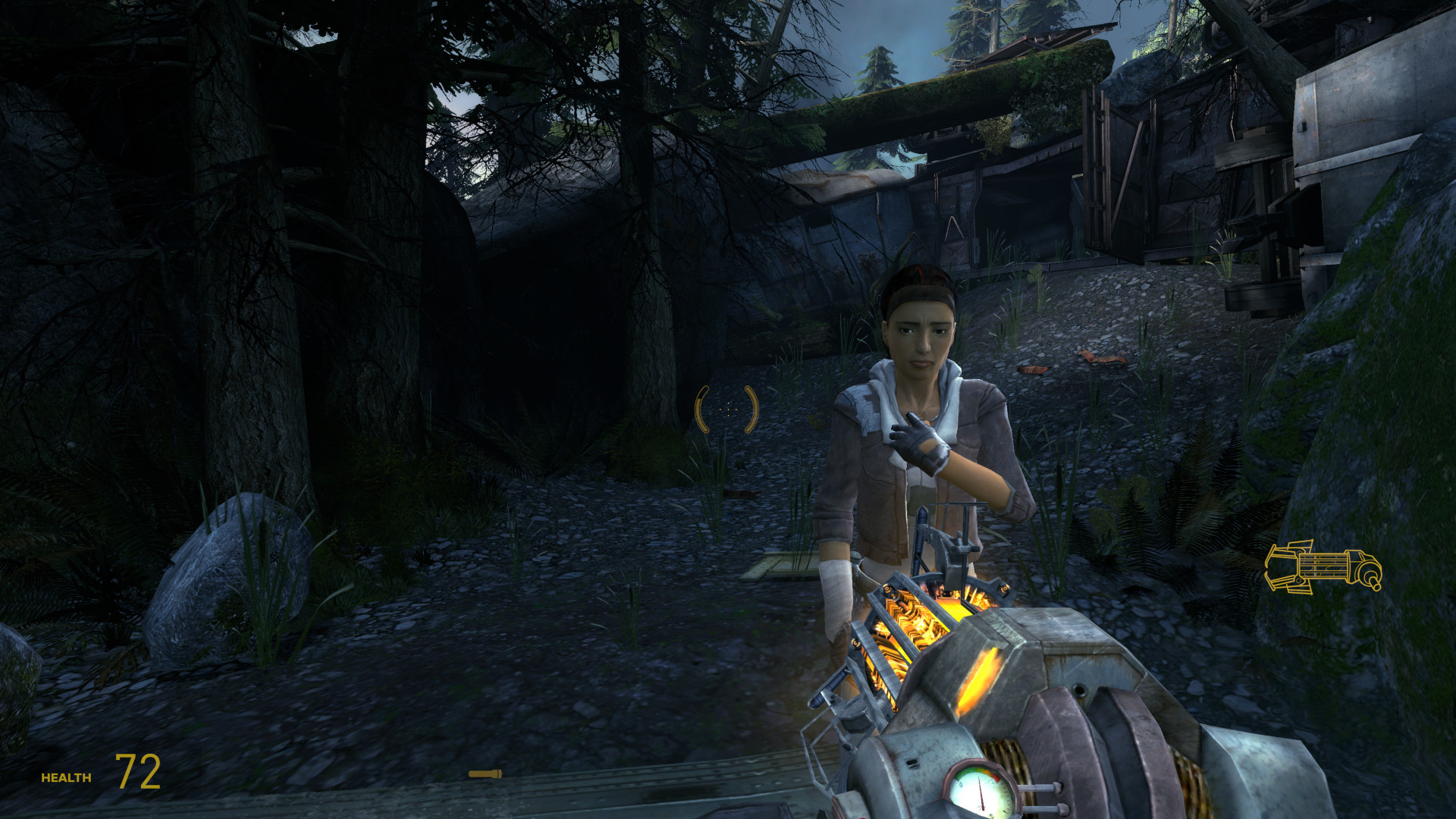Half-Life 2: Episode Two

This is a benchmark of Valve's Half-Life 2: Episode 2 game. The test profile assumes you have a Steam account and have Steam installed for the system. This automates the process of executing the game and using a standardized time demo.
This test will attempt to install the necessary game using your Steam account. If the test appears hung you may need to manually exit the Steam client.
To run this test with the Phoronix Test Suite, the basic command is: phoronix-test-suite benchmark hl2-ep2.
Project Site
store.steampowered.comTest Created
21 October 2021Test Maintainer
Michael LarabelTest Type
GraphicsAverage Install Time
8 SecondsAverage Run Time
6 Minutes, 45 SecondsAccolades
5k+ DownloadsSupported Platforms
Supported Architectures






** Data based on those opting to upload their test results to OpenBenchmarking.org and users enabling the opt-in anonymous statistics reporting while running benchmarks from an Internet-connected platform.
Data updated weekly as of 20 January 2025.
Suites Using This Test
Performance Metrics
Analyze Test Configuration:Half-Life 2: Episode Two
Resolution: 1920 x 1080 - Renderer: OpenGL
OpenBenchmarking.org metrics for this test profile configuration based on 42 public results since 21 October 2021 with the latest data as of 26 August 2022.
Additional benchmark metrics will come after OpenBenchmarking.org has collected a sufficient data-set.
Based on OpenBenchmarking.org data, the selected test / test configuration (Half-Life 2: Episode Two - Resolution: 1920 x 1080 - Renderer: OpenGL) has an average run-time of 4 minutes. By default this test profile is set to run at least 3 times but may increase if the standard deviation exceeds pre-defined defaults or other calculations deem additional runs necessary for greater statistical accuracy of the result.
Based on public OpenBenchmarking.org results, the selected test / test configuration has an average standard deviation of 0.2%.
Tested CPU Architectures
This benchmark has been successfully tested on the below mentioned architectures. The CPU architectures listed is where successful OpenBenchmarking.org result uploads occurred, namely for helping to determine if a given test is compatible with various alternative CPU architectures.